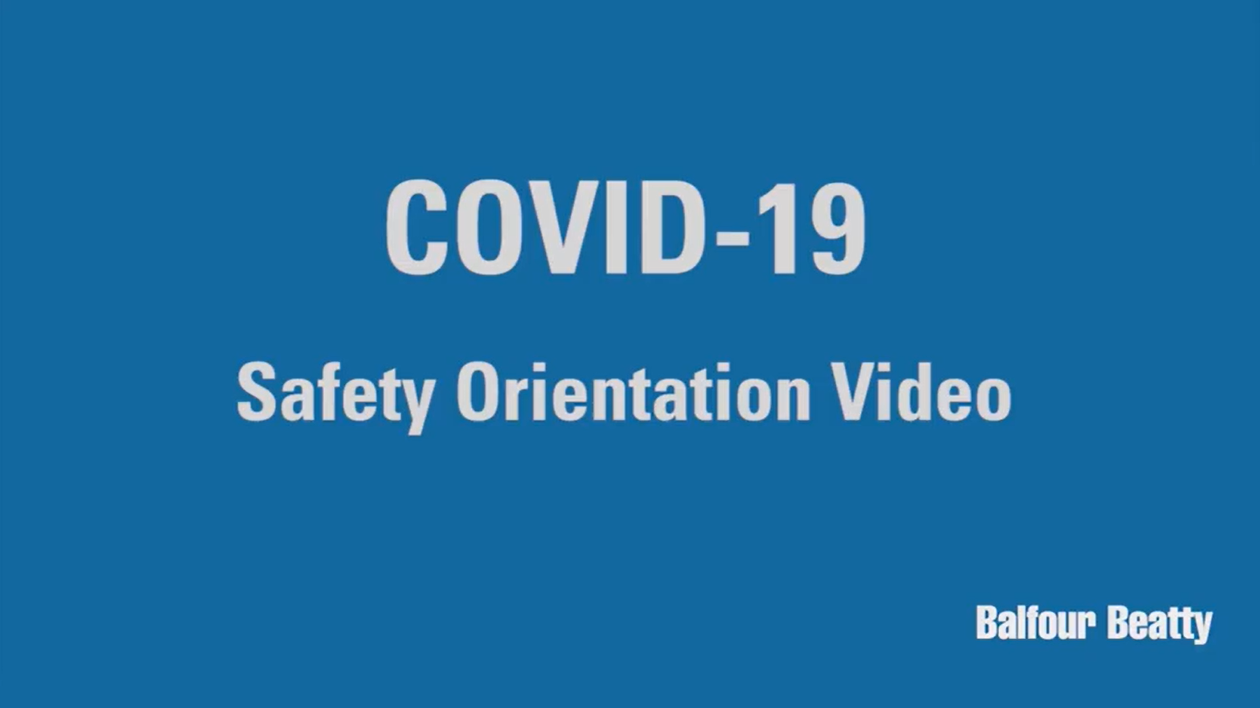In May of 2016, OSHA announced a new rule hoping to gain valuable data regarding workplace incidents would go into effect starting August 10, 2016. After the announcement, several construction industry groups spoke out about their apprehensions of the new rule and the effective date has recently been pushed back to November 1, 2016. The new rule will not only help OSHA gain data into workplace injuries, but it will also require construction companies to make their injury records public, much like restaurant health records are made public. Personal health data will still be kept private, but the injury numbers will be counted against employers. OSHA also requires employers to allow workers to report injury without fear of retaliation under the new rule.
OSHA released an official news release delaying the implementation date of the new rule within several days of the Associated Builders and Contractors’ (ABC) announcement that the group has filed suit against OSHA. According to ABC, the injury rule would limit drug and alcohol testing after accidents occur. “…It’s inconceivable to those of us who study how to improve safety performance that OSHA would want to limit drug and alcohol testing as part of the investigation after an accident or near-miss incident. Root cause analysis is key to developing procedures that prevent future incidents, so we need to know whether drugs or alcohol were a factor, said Greg Sizemore, ABC Vice President of Health and Safety, Environment, and Workforce Development, in the news release.
The final rule, which you can read here, addresses OSHA’s stance on drug testing starting on page 194. While OSHA does state that they believe a blanket drug testing policy will limit proper reporting, it does not ban drug tests from taking place. They do, however, want to limit drug tests from taking place in situations that could not have been caused by drug or alcohol use, such as a bee sting, as they state. They believe this limitation will reduce an employer’s ability to retaliate against an employee through the threat of drug testing. They do also state that if drug testing is required by state or federal law, such as in cases involving worker’s compensation, then the employer can and should require testing, as that would not be considered retaliatory.
OSHA’s delay does not seem as though it will make the new rule disappear, however, as the OSHA news release stated that the delay was allowed in order to “conduct additional outreach and provide educational materials and guidance for employers.”
What’s your take on the new rule and the delay? Tell us in the comments!











Last summer, Hilti announced that they had developed their first exoskeleton designed for construction tradespeople in a partnership with Ottobuck, a prosthetics, orthotics, and exoskeleton provider. Earlier this month, Hilti officially released the exoskeleton, announced more details, and published its retail price on their website.